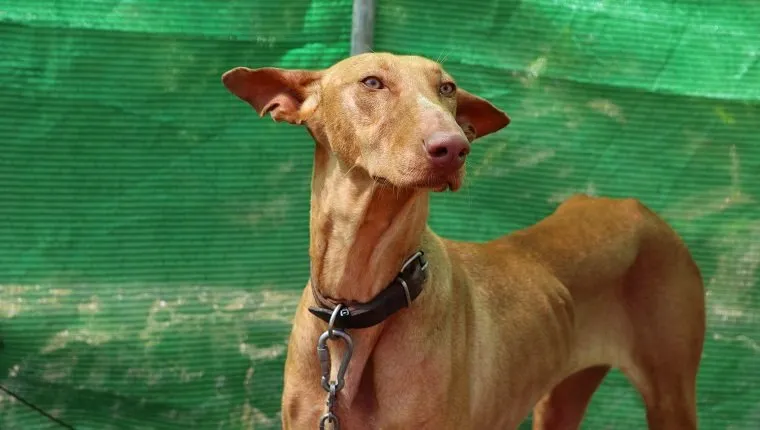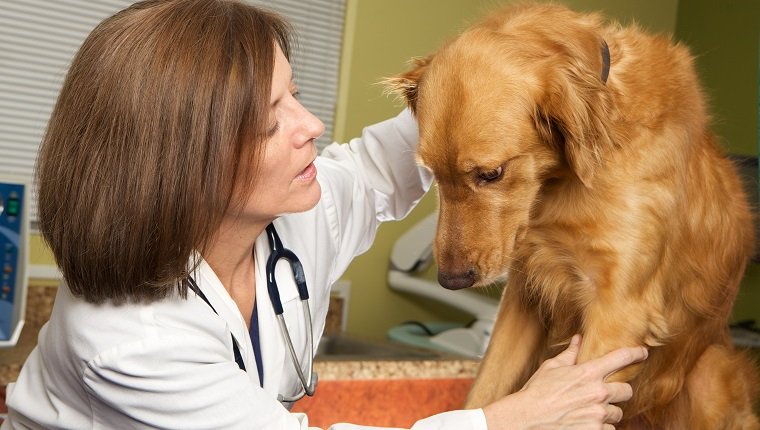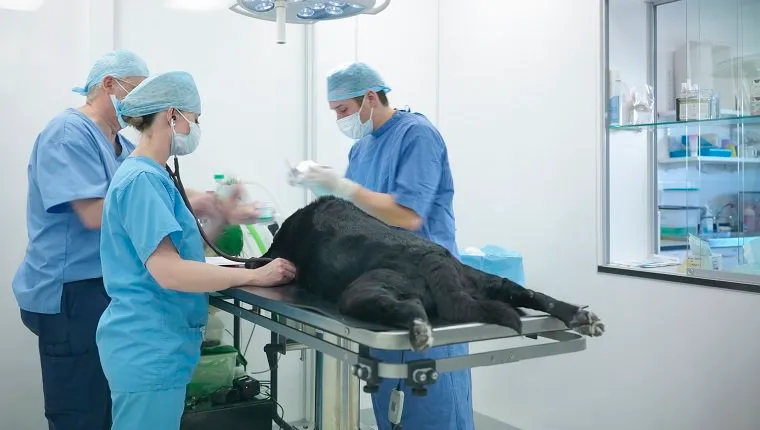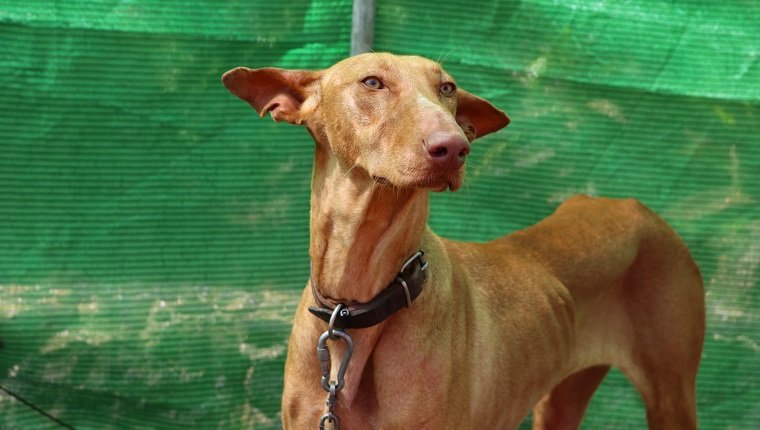
Hyperthyroidism in dogs is a condition caused by the thyroid gland in the neck overproducing thyroxine, a hormone that controls metabolism. Metabolism is important because it’s the process of converting food into fuel for a dog’s organs and entire body.
Hyperthyroidism is rarer in dogs than hypothyroidism, and it usually results from an aggressive thyroid tumor. It can cause a number of symptoms in canines that range from frequent urination and diarrhea to heart and kidney failure if left untreated.
If you spot the signs of hyperthyroidism, then it is important to get to your veterinarian right away. Here’s what you should know about the symptoms, causes, and treatments of hyperthyroidism in dogs.
Symptoms Of Hyperthyroidism In Dogs

The symptoms of hyperthyroidism in dogs result from an increase in metabolism that sends the body into overdrive. Because of this, there may be irregularities in all of the body’s systems.
Most commonly, the condition results in weight loss, despite an increase in appetite.
Here are a few symptoms you might see in dogs with hyperthyroidism:
- Excessive weight loss
- Increased appetite
- Frequent urination and increased thirst
- Vomiting
- Diarrhea
- Depression
- Weakness
- Excitability
- Enlarged thyroid gland, felt as a lump in the neck
- Difficulty breathing
- Irregular heart beat
Causes Of Hyperthyroidism In Dogs

Hyperthyroidism in dogs is usually caused by excessive production of thyroxine brought on by aggressive thyroid cancer. The tumor interferes with normal functions of the thyroid, which results in secretion of certain hormones, affects metabolism, and leads to visible symptoms.
An excess of thyroid hormones doesn’t necessarily have to originate in a dog’s thyroid. Another source of thyroid hormones is from hypothyroid medication, which usually includes a synthetic form of thyroxine. An over-correction of low thyroxine levels can sometimes result in hyperthyroidism.
Additionally, raw food diets that include an excessive amount of thyroid hormones can also cause the condition. These diets often include gullets, head meat, and animal necks, which contain higher levels of thyroid hormones.
Varying a dog’s protein source or avoiding these animal parts can prevent a dog from ingesting too many of these hormones.
Treatments Of Hyperthyroidism In Dogs

Treatment of hyperthyroidism in dogs depends on the cause of the condition. In cases where a reaction to medication causes hypothyroidism, usually a vet can adjust the dosage of drugs until the hormone levels stabilize.
If your vet prescribes medication, then you may want to see if you can can fill the prescription online at Chewy’s pharmacy and have the meds delivered.
If hyperthyroidism results from a diet that has high levels of hormones, then a dietary change is usually enough to reverse the condition.
Unfortunately, it’s more common for hyperthyroidism to result from aggressive thyroid cancer, which is often deadly. Treatment in this case will depend on the size of the tumor and whether it has metastasized.
Treatment may entail partial removal of the tumor or removal of the entire thyroid gland. This will, however, depend on what your vet deems the most appropriate course to pursue.
Additionally, radiation therapy and chemotherapy are other options to fight the cancer and are, at times, used alongside surgery. Benign tumors are easier to manage and may respond well to treatment, but malignant tumors can often spread to vital organs in the neck.
The earlier treatment begins, the better the chance at recovery. In cases where dogs recover, dietary restrictions will have to be strictly followed, especially to preserve the health of the kidneys.
Do you keep an eye out for health issues like hyperthyroidism in your dog? What are your tips for keeping your dog healthy? Let us know in the comments below!









